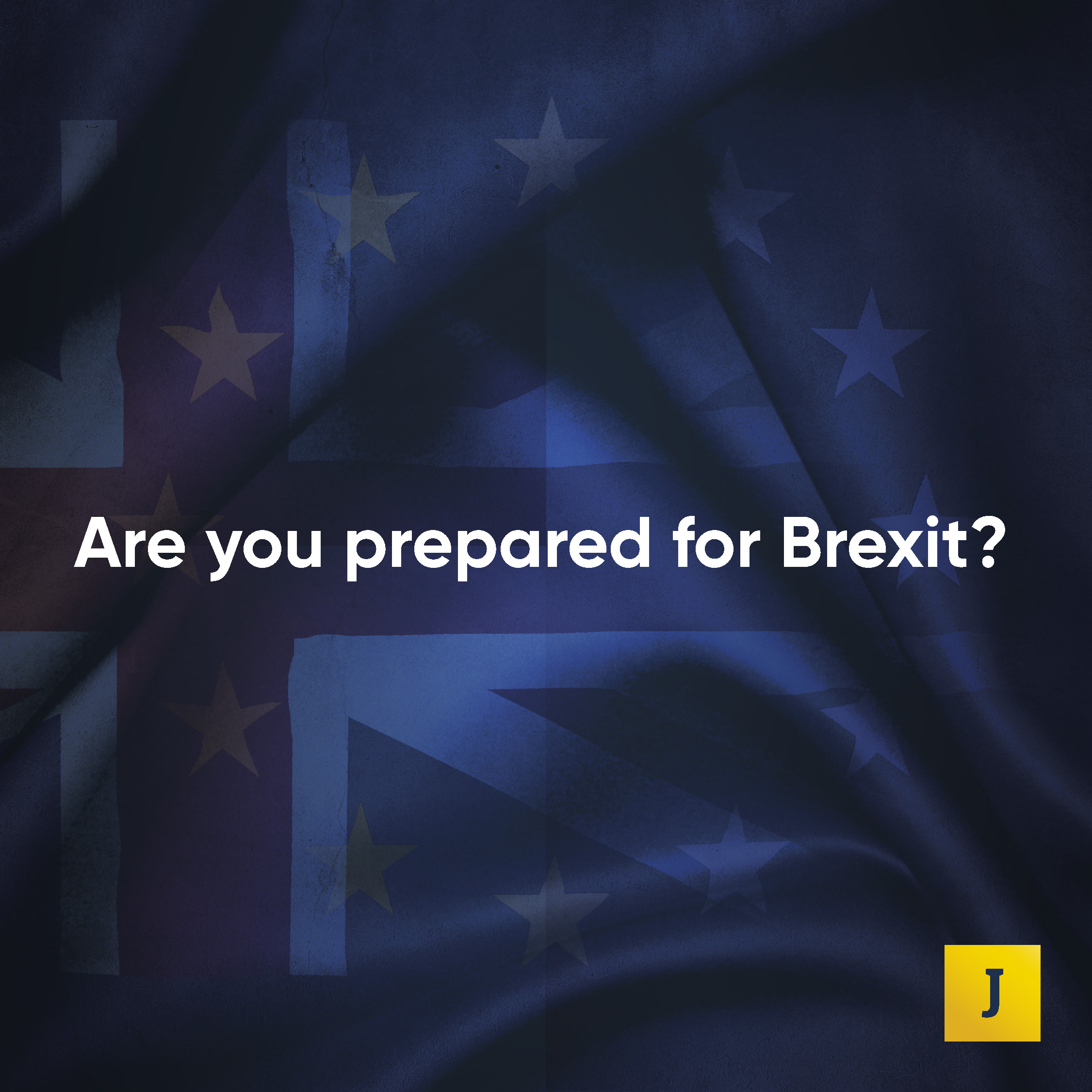With 2020 having been dominated by Covid-19, Brexit has, until now, taken a bit of a back seat. And yet, come the end of the year, when the transition period ends, there are some significant implications for all businesses.
Brexit will not only mean a change to some laws governed by the EU, but there may be important commercial and employment policy updates for UK businesses.
Time is running out. The UK will be independent from the EU from 1st January 2021.
What will Brexit mean for my business?
- Changes in tariffs, import VAT, insurance and VAT registration plus the need to register for an EORI for businesses that import or export goods, either as sales or in their supply chain
- Changes in travel and visa requirements which will affect any travel to the EU, EU nationals or UK nationals living overseas
- Reviewing your contracts, terms of business and payment terms – they may no longer be relevant
What will Brexit mean for employers and employees?
- From January 2021 there will be a new immigration regime
- EU/EEA/Swiss nationals who wish to live and work in the UK. Existing employees of UK companies who are EU nationals will need to apply for settled status.
- Recognition of qualifications may change
- Travel requirements including visas and passport rules
- After the transition period ends on 31 December 2020, the EU GDPR will no longer be law in the UK
How can I prepare my business for Brexit?
Brexit brings with it many changes, therefore it’s important that you take the necessary actions to protect your business and ensure you can continue to trade.
Use the government’s transition checker tool, to quickly identify the specific steps they need to take to be ready.
We are here to help.
Jefferies Commercial and Employment law teams are supporting businesses through the EU transition period. Whether it’s guidance on employment policies or VAT, we offer quick support for both employers and employees.
Click here to see how our business team can help you or call us on 01702 332311.
